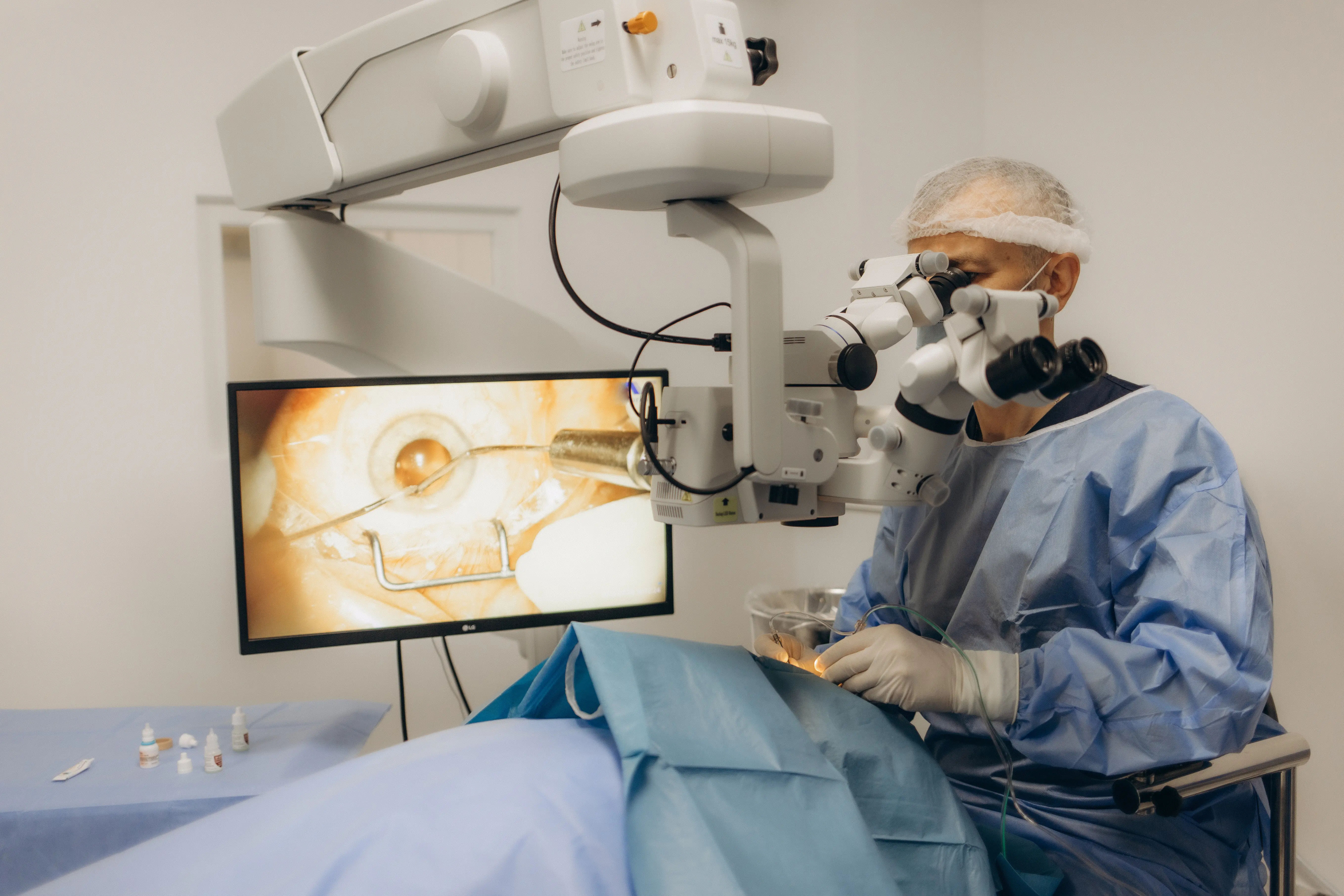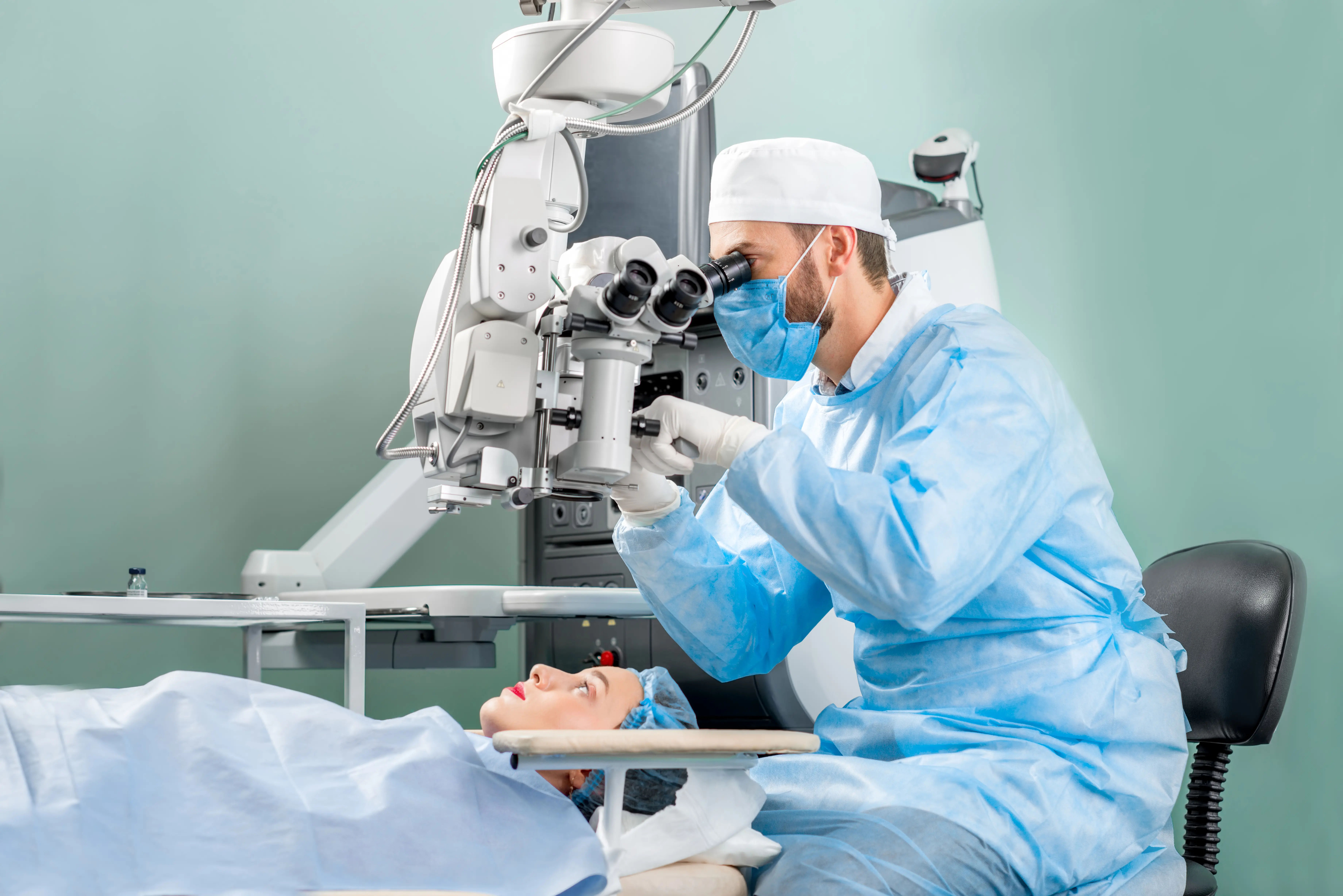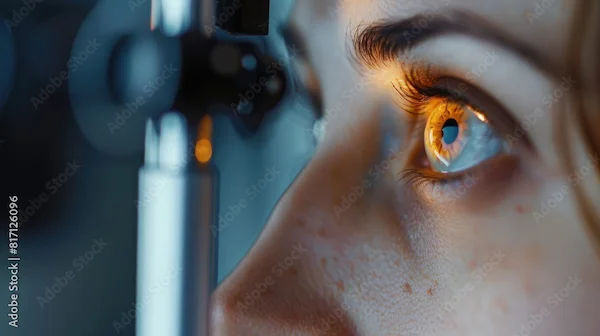How To Tell If You Need Cataract Surgery?
Wondering if it's time for cataract surgery? Discover the key signs—like blurry vision or trouble seeing at night—and learn when to consult an eye specialist.

Written by Dr. Dhankecha Mayank Dineshbhai
Reviewed by Dr. Siri Nallapu MBBS
Last updated on 13th Jan, 2026
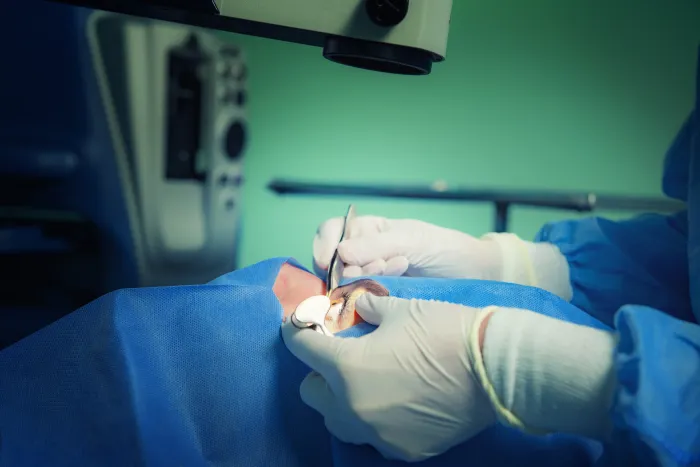
Introduction
Cataracts are a common eye condition, especially as we age. They occur when the natural lens of the eye becomes cloudy, leading to blurry vision and difficulty seeing clearly. If left untreated, cataracts can significantly impact daily life. But how do you know when it's time to consider cataract surgery? Let’s explore the signs, symptoms, and steps you can take to make an informed decision.
What Are Cataracts?
Cataracts develop when proteins in the eye's lens break down and clump together, causing cloudiness. This condition progresses slowly, often over years, and can affect one or both eyes. While ageing is the most common cause, other factors like diabetes, eye injuries, prolonged steroid use, or excessive UV exposure can contribute.
Consult Top Specialists for Personalised Eye Health Advice
Signs You May Need Cataract Surgery
Not everyone with cataracts needs surgery immediately. However, if you experience the following symptoms, it may be time to consult an eye specialist:
1. Blurry or Cloudy Vision
If your vision feels like looking through a foggy window, even with glasses, it could be due to cataracts.
2. Difficulty Seeing at Night
Struggling with night driving due to glare from headlights or streetlights is a common sign.
3. Increased Sensitivity to Light
Bright lights may seem too harsh or cause discomfort.
4. Fading or Yellowing of Colours
Colours may appear dull or have a yellowish tint.
5. Frequent Changes in Eyeglass Prescription
If your vision keeps worsening despite updating your glasses, cataracts could be the reason.
6. Double Vision in One Eye
Seeing double images in one eye (not both) may indicate cataract progression.
7. Difficulty Reading or Watching TV
If daily activities become challenging due to poor vision, surgery may be necessary.
When Should You Consider Surgery?
Cataract surgery is typically recommended when:
Your vision loss interferes with daily activities like driving, reading or working.
Your eye doctor confirms that cataracts are the primary cause of vision problems.
Other treatments, like stronger glasses, no longer help.
The decision depends on your lifestyle and comfort level. Some people prefer to wait until their vision worsens, while others opt for surgery earlier to maintain independence.
What Happens During Cataract Surgery?
Cataract surgery is a safe and common procedure where the cloudy lens is removed and replaced with an artificial intraocular lens (IOL). The surgery is usually done under local anaesthesia and takes about 15-30 minutes.
Recovery Tips After Surgery
Recovering well after cataract surgery involves a few simple precautions and healthy habits.
Avoid rubbing or pressing on your eye.
Use prescribed eye drops to prevent infection.
Wear sunglasses to protect your eyes from bright light.
Avoid strenuous activities for a few weeks.
Most people notice improved vision within a few days, with full recovery in about a month.
Lifestyle Tips to Manage Cataracts
While surgery is the only way to remove cataracts, these habits can help slow their progression:
Protect your eyes from sunlight by wearing UV-blocking sunglasses.
Eat antioxidant-rich foods such as leafy greens, carrots, and berries to support eye health.
Avoid smoking, as it can accelerate cataract development.
Manage chronic conditions like diabetes and high blood pressure, which may increase the risk of eye problems.
When to See a Doctor
If you notice any vision changes, schedule an eye exam. Early detection helps in managing cataracts effectively. At Apollo24|7, you can book a consultation with an ophthalmologist or schedule an eye test conveniently from home.
If cataracts are affecting your quality of life, don’t wait—consult an eye specialist today. Visit Apollo24|7 to book an appointment and explore treatment options.
Final Thoughts
Cataracts are a natural part of ageing, but they don’t have to limit your life. Recognising the signs early and seeking timely treatment can restore clear vision and improve your daily comfort. If you or a loved one is experiencing vision problems, reach out to an eye care professional for guidance.
Consult Top Eye Specialists
Consult Top Specialists for Personalised Eye Health Advice

Dr. Sujit Pahari
Ophthalmologist
22 Years • MBBS, DNB, DOMS Ophthalmologist/ Eye Surgeon. FIC (Ophthal).
Bilaspur
Apollo Hospitals Seepat Road, Bilaspur
(25+ Patients)
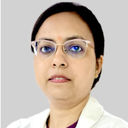
Dr. Shivani Grover
Ophthalmologist
9 Years • MS (Ophthalmology), Fellowship Cataract, Squint & Paediatric Ophthalmology
Lucknow
Apollomedics Super Speciality Hospital, Lucknow

Dr L R Seth
Ophthalmologist
36 Years • MBBS, MS, DOMS
Delhi
Apollo Hospitals Indraprastha, Delhi
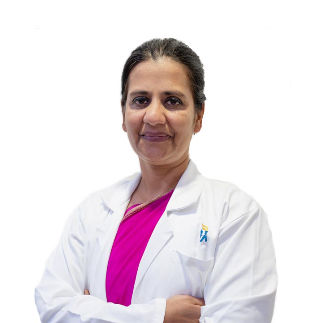
Dr. Uma Mallaiah
Ophthalmologist
21 Years • MBBS, DO, FRCS
Delhi
Apollo Hospitals Indraprastha, Delhi
(25+ Patients)

Dr. Sharon Dsouza
Ophthalmologist
15 Years • MBBS,MS in Ophthalmology ,Fellowship – Cornea & Refractive Surgery ,PhD in Ocular Immunology
Bengaluru
Apollo Hospitals Bannerghatta Road, Bengaluru
Consult Top Eye Specialists

Dr. Sujit Pahari
Ophthalmologist
22 Years • MBBS, DNB, DOMS Ophthalmologist/ Eye Surgeon. FIC (Ophthal).
Bilaspur
Apollo Hospitals Seepat Road, Bilaspur
(25+ Patients)

Dr. Shivani Grover
Ophthalmologist
9 Years • MS (Ophthalmology), Fellowship Cataract, Squint & Paediatric Ophthalmology
Lucknow
Apollomedics Super Speciality Hospital, Lucknow

Dr L R Seth
Ophthalmologist
36 Years • MBBS, MS, DOMS
Delhi
Apollo Hospitals Indraprastha, Delhi

Dr. Uma Mallaiah
Ophthalmologist
21 Years • MBBS, DO, FRCS
Delhi
Apollo Hospitals Indraprastha, Delhi
(25+ Patients)

Dr. Sharon Dsouza
Ophthalmologist
15 Years • MBBS,MS in Ophthalmology ,Fellowship – Cornea & Refractive Surgery ,PhD in Ocular Immunology
Bengaluru
Apollo Hospitals Bannerghatta Road, Bengaluru
